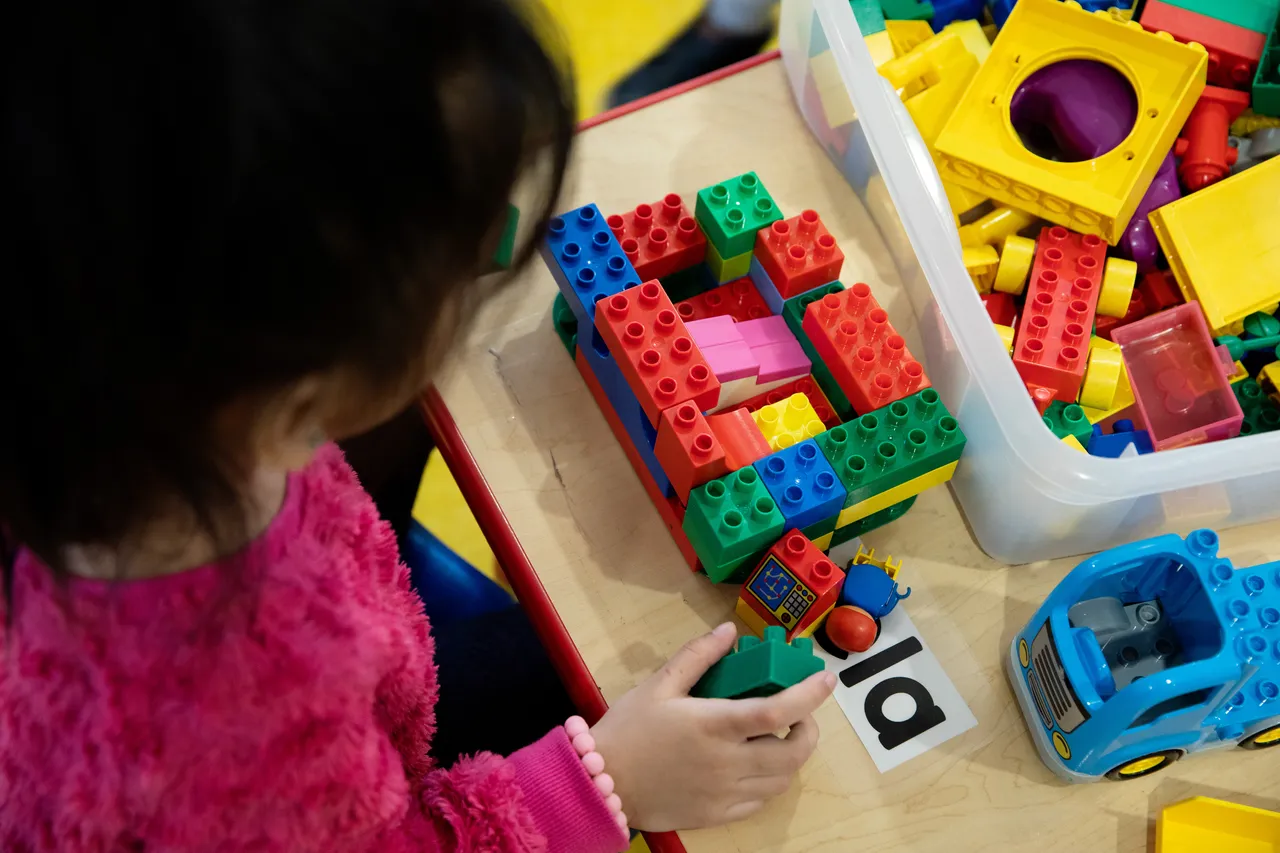Boston may have discovered the formula for successful universal pre-kindergarten, potentially offering valuable lessons for other communities across the United States.
The city’s program, which now serves about two-thirds of its 4-year-olds, has gained attention for its emphasis on quality and research-based practices.
Jason Sachs, the longtime director of Boston’s pre-K system, believes the city has developed a pre-K model that works and can be replicated elsewhere.
The program aims to prepare all children for kindergarten, with a particular focus on assisting low-income families and others who might not otherwise have access to quality early education.
Universal pre-K has gained traction in over a dozen states, including some unexpected ones like Georgia, Oklahoma, and Tennessee.
This bipartisan enthusiasm led to high hopes for a 2021 proposal to implement the concept nationwide as part of President Biden’s “Build Back Better” agenda.
However, the initiative faced opposition due to its high cost and concerns about the effectiveness of large-scale pre-K programs.
Boston’s commitment to education dates back to its Puritan founders, who established the nation’s first public school in 1635.
The city launched a targeted pre-K program in the 1990s, which was expanded to a universal model in 2005 under Mayor Thomas Menino. Subsequent administrations have continued to support and expand the program.
Today, Boston’s pre-K system includes both public school-based programs and private, nonprofit organizations that meet the city’s standards.
The program currently serves 4,000 children, with plans to expand further to include 3-year-olds and small, in-home childcare providers.
Key Elements Of Boston’s Pre-K Success
A strong focus on quality: Boston has prioritized program quality over simply creating more slots, adapting research-based curricula and continually refining its approach based on internal studies.
Advanced learning for 4-year-olds: The curriculum emphasizes play-based learning while introducing complex concepts and critical thinking skills.
Customization for diverse communities: While maintaining uniformity in core concepts, the program allows individual sites to tailor their approach to the specific needs of their communities.
Highly qualified teachers: All instructors must have a bachelor’s degree, with public school teachers required to obtain a master’s degree within five years.
Ongoing professional development: The program provides regular coaching and feedback for teachers, with a focus on effective curriculum implementation.
Competitive compensation: Teachers in the program are paid on par with K-12 teachers, helping to attract and retain qualified staff.
Consistent political support: The program has enjoyed sustained backing from multiple mayoral administrations, ensuring continuity and resources.
Research on Boston’s pre-K program has shown mixed results. Early studies found significant improvements in kindergarten readiness, but these effects tended to fade by third grade.
However, more recent research has uncovered promising long-term outcomes, including higher college attendance rates and lower rates of juvenile detention for program participants.
In response to the “fade-out” effect, Boston has worked to align its K-2 curricula with the pre-K program to reinforce and build upon early gains. Early results from this effort are encouraging.
Challenges remain for Boston’s pre-K system, including ensuring equitable access across all neighborhoods and maintaining program quality as it expands.
The recent departure of Jason Sachs, who led the program for 18 years, also presents a transition challenge.
Despite these hurdles, Boston’s leaders remain committed to universal pre-K as both an economic necessity and a public good.
Mayor Michelle Wu emphasizes the program’s importance for working parents and the local economy, as well as its role in continuing Boston’s legacy of investing in education for all.
The success of Boston’s pre-K initiative offers valuable insights for other cities and states considering similar programs.
Key Takeaways Include The Importance
- Sustained political and financial support
- A strong focus on program quality and continuous improvement
- Competitive teacher compensation and professional development
- Adapting to local community needs while maintaining high standards
- Aligning early education with later grades to sustain gains
As debates over national pre-K initiatives continue, Boston’s experience demonstrates that with proper resources, research-based practices, and sustained community support, universal pre-K can potentially yield significant benefits for children and society.
While questions remain about the long-term impact and scalability of such programs, Boston’s approach offers a compelling model for communities seeking to invest in early childhood education.




